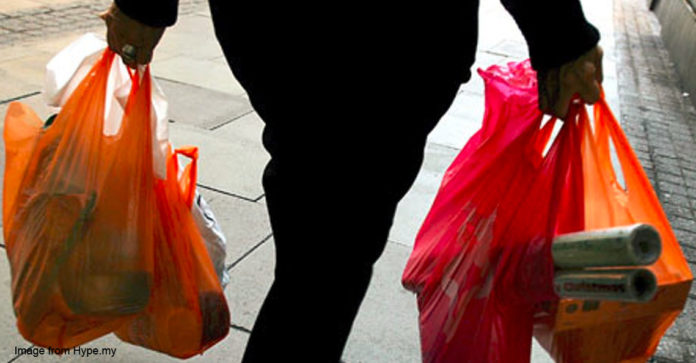By Kebba AF Touray
Global plastic production has grown by over 399 million metric tons from 1950 to 2017, the Joint Committee of the ECOWAS Parliament on the Environment reveals.
The Ghanaian Minister for Environment, Science, Technology and Innovation, Hon. Ophelia Mensah Hayford made this disclosure while delivering his opening remarks before Members of the above parliament on Tuesday, 30 July 2024 in Winneba, Ghana.
The ongoing meeting is being held under the theme: “Plastic Waste Management: Challenges and Prospects in Implementing a Community Policy.”
Hon. Hayford said the meeting is both timely and critical, and reminded the gathering of the urgent need to develop and implement effective strategies to manage plastic waste in the sub region.
He said the environmental, economic and health impacts of plastic pollution are well- documented, stressing that it is imperative that they take decisive action to mitigate these effects. He informed that as estimated, global plastic production could triple by 2050, with only 9% of the 9 billion tons of plastics ever produced, recycled, and with 8 to 12 million tons entering the ocean as litter every year.
Hon. Hayford said that the Pew Charitable Foundation estimates the volume of plastics finding its way into the world’s Oceans will triple by 2040. In Africa, he said, less than 20 percent of plastics are currently recycled and this is far below European Union target of 50 percent by 2025. He said in lieu of formal recycling operations, waste collectors collect litter and sell it to middlemen who aggregate plastic waste and sell it to recyclers abroad.
“Available data indicates that Ghana is generating close to 1 million metric tons of plastic waste annually, with less than 10% being recycled and 9% leaking into the Ocean. Over the years, from 1992 through 2008 to 2019, plastic waste composition within domestic waste has risen from 0.7% to 2.8% to 17%,” he said.
He said some experts believe the solution lies in creating circular economies which eliminates single-use plastic in favor of organic materials, or plastics that can be recycled and reused. He said plastic waste management presents a complex challenge that requires a multi-faceted approach, because it involves not only the reduction of plastic waste generation, but also the enhancement of recycling and disposal methods.
He commended the ECOWAS Parliament for their proactive stance and commitment to develop comprehensive policies to address these critical issues.
At the international level, Hon. Hayford said Ghana is actively contributing to conversations and processes aimed at developing an international legally binding instrument for plastic pollution, and said this includes the marine environment also known as the Global Plastics Treaty (GPT) and the African Ministerial Conference on the Environment (AMCEN) in their decision, established the African Group of Negotiators (AGN) on plastics pollution and appointed Ghana as Chair. He added that additionally, Ghana submitted a proposal known as the Global Plastic Pollution Fee (GPPF) as one of the means of financing the implementation of the instrument. And this he said has been fully captured in the revised draft text of the international legally binding instrument on plastic pollution, including the marine environment. He said the engagements on this proposal are ongoing and will continue during inter-sessional work under the Expert Working Group’s (EWGs) discussion on issues around the financing mechanism, among other components of the means of implementation of the treaty. He said Ghana’s success story in plastic waste management is notable thanks to several innovative initiatives and collaborative efforts between the government, the private sector, academia and communities.
Some of these efforts he said, include policy and regulation, and said the government of Ghana through MESTI and with support from stakeholders in 2019, developed the National plastic waste management policy which received cabinet approval in 2020, and will harmonize exiting policies and programs on plastics for sustainable development.
On public-private partnerships, Hon. Hayford said collaboration between the government and the private sector has been crucial, adding that several companies are leading the charge by converting plastic waste into useful products.
NPAP Ghana, he said, aims to bring together diverse and inclusive communities of change makers, private sector, policy makers and academics, to collectively tackle plastic pollution.
On community-based initiatives, he said “community groups and NGOs are working to educate the public on the importance of recycling and proper waste management”, adding that recycling programmes have helped establish local centers or partnerships to process waste, and conduct educational workshops to teach proper waste management.
On the issue of international support, he informed that Ghana has received such support to enhance its plastic waste management efforts. He said partnership with organizations like the World Bank and the United Nations Industrial Development Organization, have provided technical assistance, funding and lessons of best practices from other countries.


















